Description
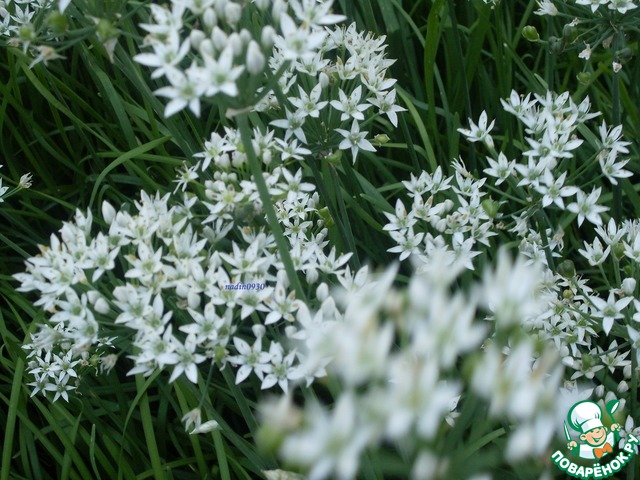
Gusi, he's a Tibetan bow. This magical grass which must be added to the Uighurs funchoza, lagman soup "of Mopar", but it will make your taste any dish. Get delicious dumplings, if you make a stuffing of finely chopped Gusa, grated pumpkin and sheep fat, no one can resist, even the most "humanity" gourmet.
Ingredients
-
Jusy
-
Salt
Cooking
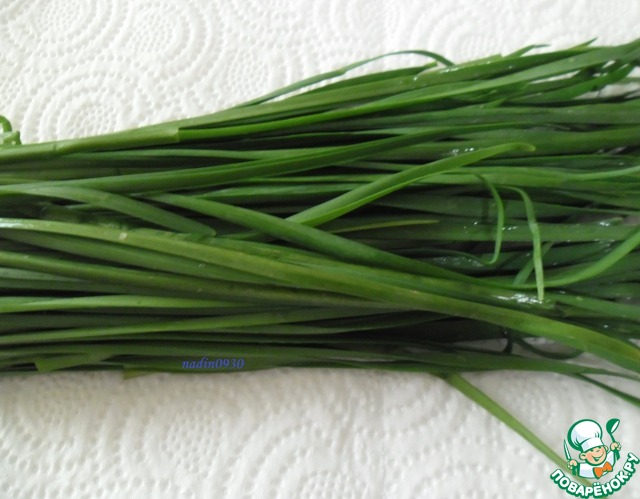
Jusy to cut, sort, wash, dry
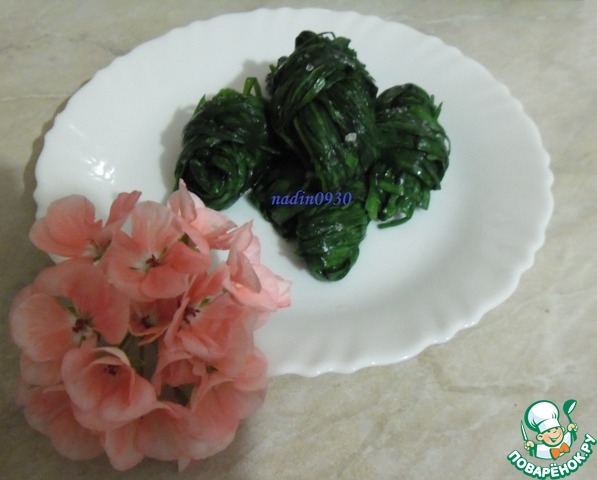
Not take large bunches and fold, wrapping around the base, densely laid in the container (e.g. tray or the Bank), liberally sprinkling with salt, leave at room temperature under oppression for a day, shaking occasionally to evenly distribute the salt and juice. Remove in the cold.
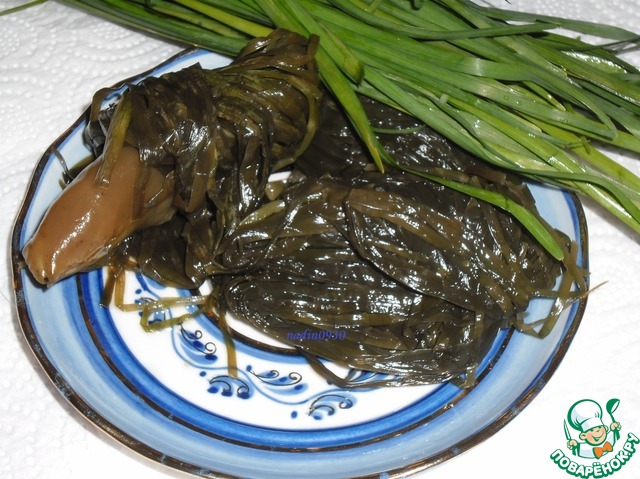
And this was all from last year, I was clocked at pepper. Before using to wash off the salt, squeeze, chop and add to any dish. Dgusa have a very fragrant smell, tender garlic. Cellophane and and lagman with him magic!
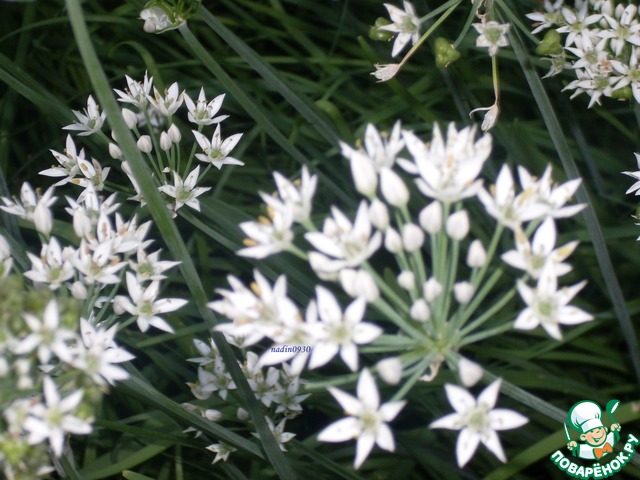
And so he blooms. What useful qualities have jusi what it is and how to use? The food is used only aboveground part of plants – grass and hands with flowers. They taste and scent reminiscent of garlic. But onions have a low taste in food is almost not used, although sometimes they prepare healing tinctures. Jusy rich in a lot of vitamin C, so it is very useful for colds or low immunity. It has vitamins B1, B2, B5 and B6, K, E and beta-carotene. Jusy rich in potassium, calcium, iron and sodium, contains sugar and essential oils. This product is useful for people with cardiovascular problems, lowered immunity, colds, pneumonia, bronchitis, tuberkuleza, gastritis, high fatigue and nervous disorders, it is used for prevention of worms. The plant has a styptic property, acts as a diuretic and cholagogue. Almost all of us would be useful to include in your diet Gusi. Leaf juice jusa helps with burns and insect bites. In Oriental medicine the plant is used for the treatment of neurasthenia, depletion, gastritis. Calorie Josa – 41 calorie.

Arrows can be pickled separately or add to other homemade canned vegetables. The leaves can be frozen for the winter – they do not lose their taste and vitamins are retained after freezing almost full.
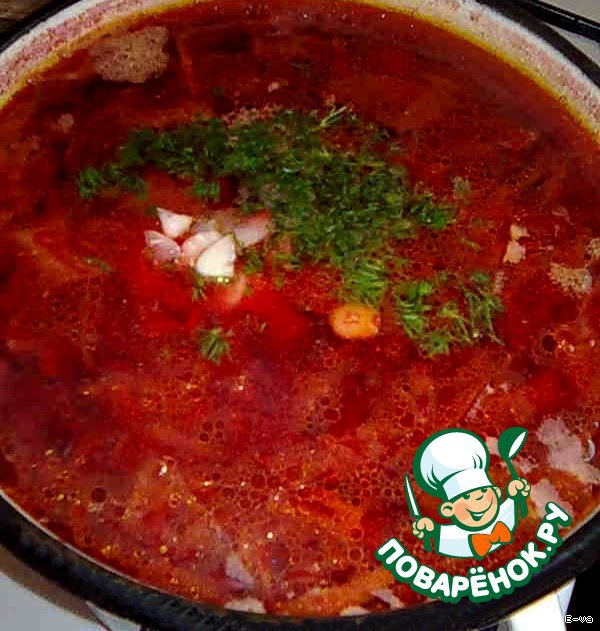
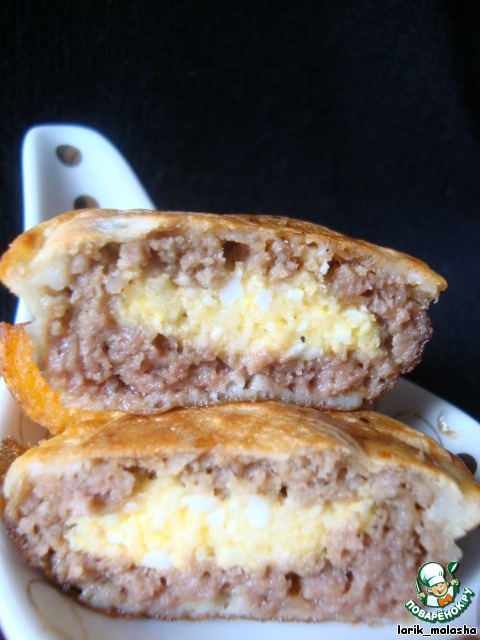

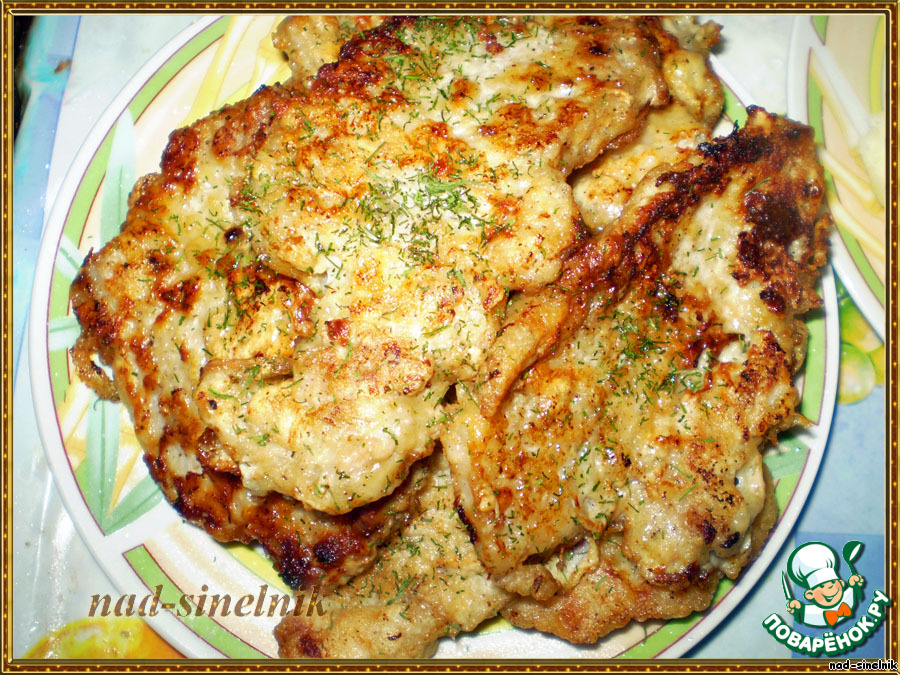
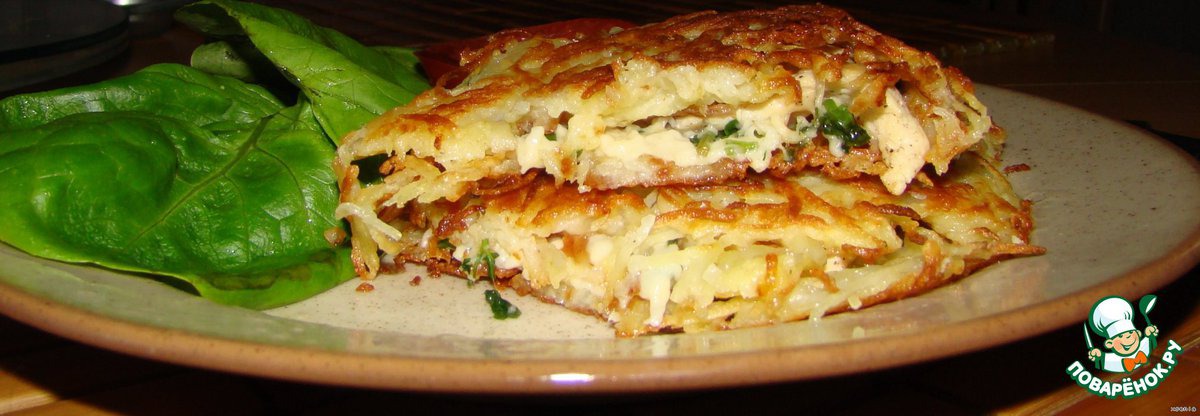
Leave a comment or a recipe review
Leave comments can only registered users.
Register, or Login if you are already registered.